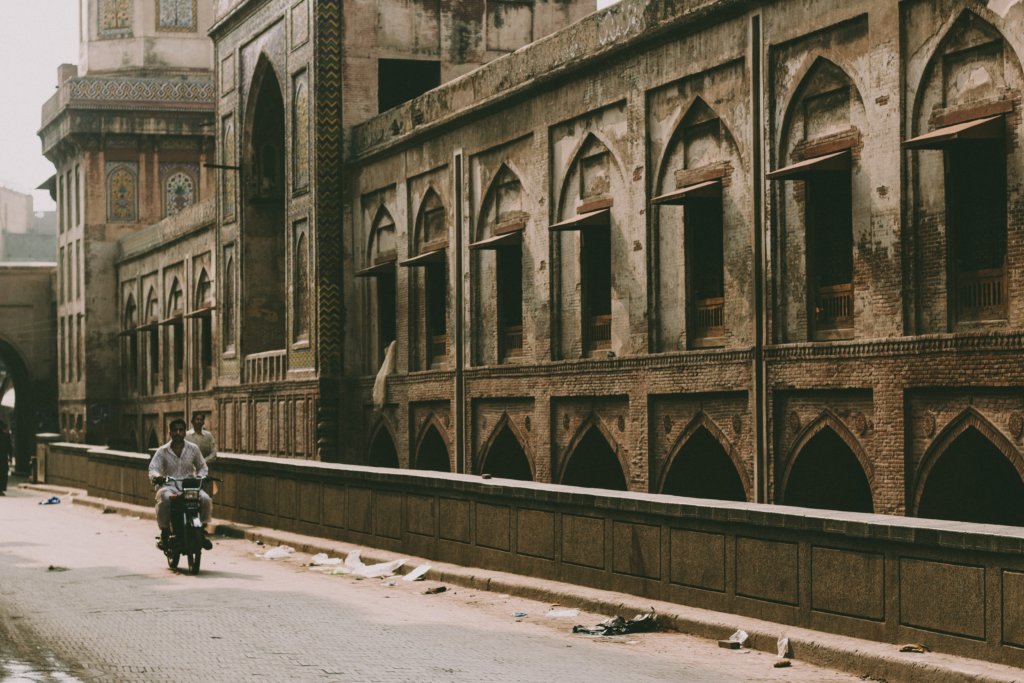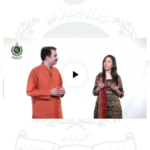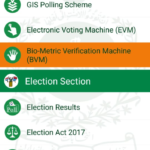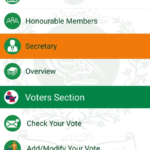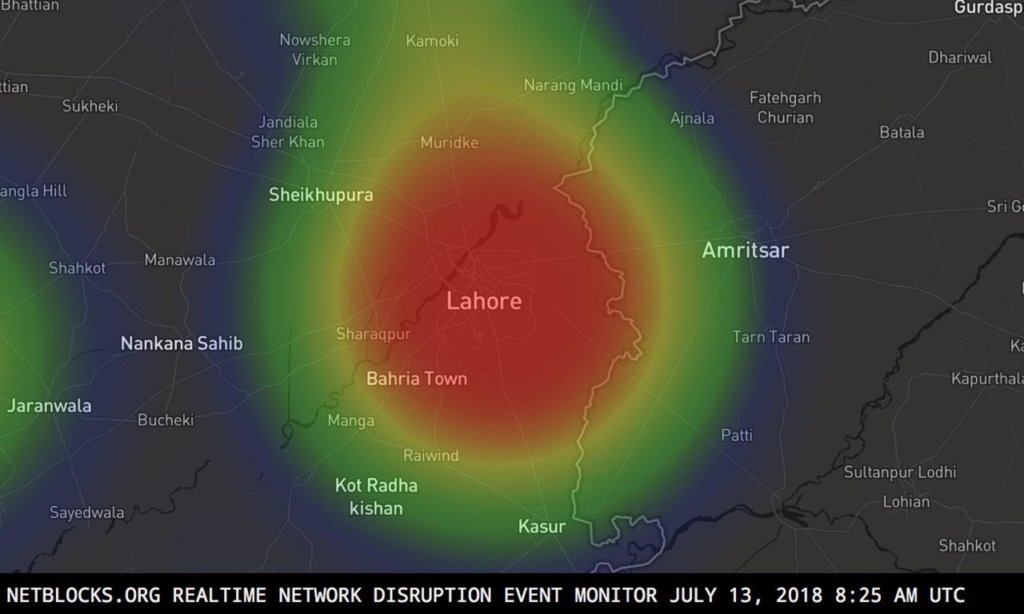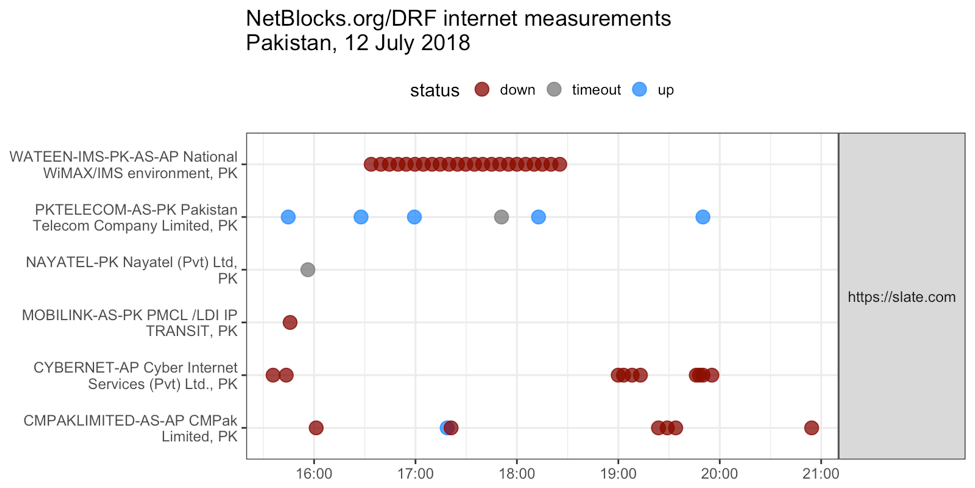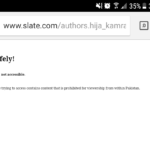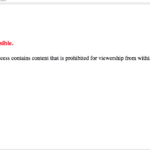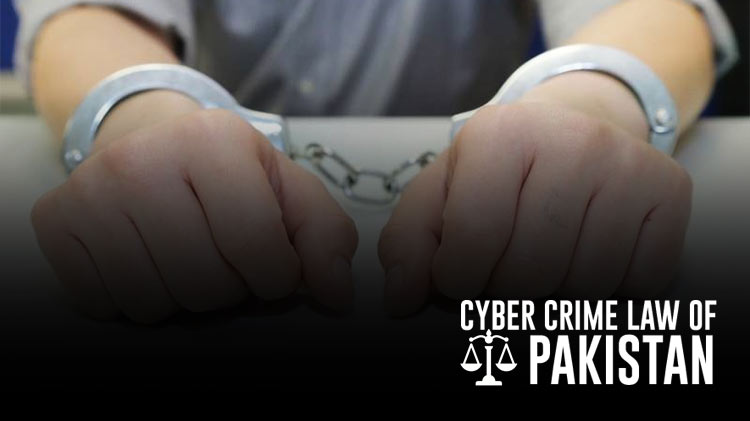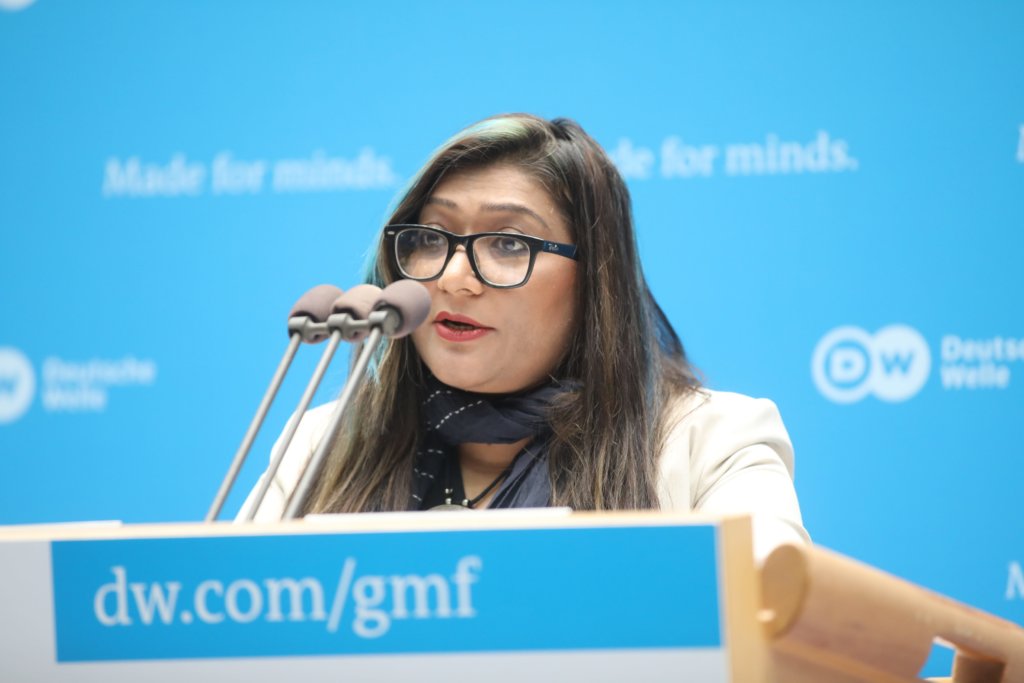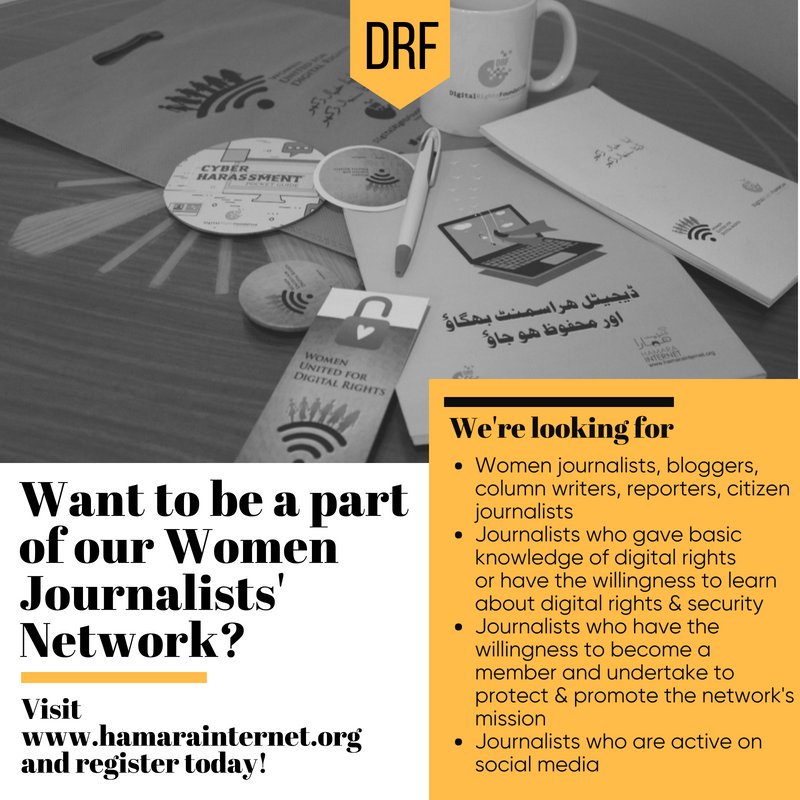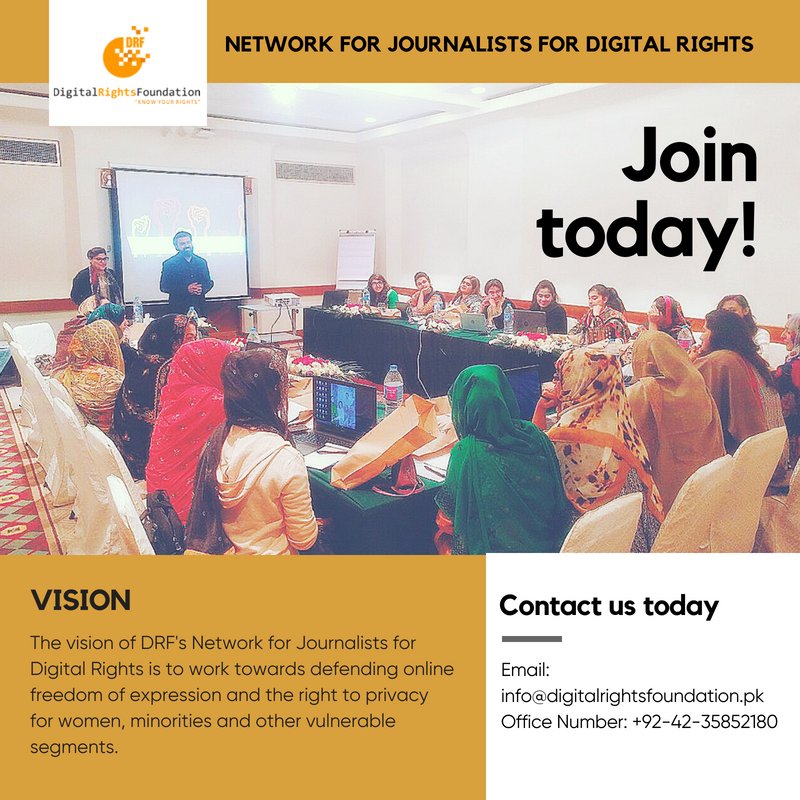July 24, 2018 - Comments Off on Press Release: Campaigning on Social Media beyond ECP’s Deadline
Press Release: Campaigning on Social Media beyond ECP’s Deadline
For Immediate Release
June 24, 2018
Digital Rights Foundation has observed that while political parties discontinued their public meetings and campaigns on electronic and print media at the stroke of midnight on June 24th 2018, social media campaigns of several major political parties still remain active. This raises interesting and troubling questions regarding the ability of the Election Commission of Pakistan (ECP) to monitor and regulate social media.
The team at Digital Rights Foundation has observed that that Facebook and Twitter accounts of various parties, including the big three PTI, PML(N) and PPP, have been posting material that qualifies as campaigning on their official social media pages. Additionally, we have also noted that PTI’s Snapchat account (pti.imrankhan) was also active after the deadline of midnight between July 23rd and 24th, 2018. SMS directed at voters of NA131 by PTI were also delivered after the deadline. It has also been observed that one political party was streaming live through its YouTube account at noon on July 24th. Thus we see both internet and telecommunications fuelled campaigns in full swing despite the haul in activities in non-virtual spaces.
The law around elections was consolidated in the form of the Election Act 2017 and is supplemented by the Code of Conduct and notifications issued by the ECP. Section 182 of the Election Act clearly states:
“Prohibition of public meetings during certain period.— No person shall convene, hold or attend any public meeting, or promote or join in any procession, within the area of a constituency or, in the case of the Senate election, a Province, during a period of forty-eight hours ending at midnight following the conclusion of the poll for any election in that constituency or Province.”
Furthermore, the ECP’s Code of Conduct posits:
“There shall be a complete ban on convening, holding or attending any public meeting, or promoting or joining in any procession, within the area of a constituency during a period of forty-eight hours ending at midnight following the conclusion of the poll and as such the election campaign in all respect shall come to an end before the said hours Violation will be treated as an illegal practice."
For the purposes of this observation, DRF has only considered official and verified accounts of mainstream political parties. Posts made after the midnight deadline have been consolidated to reveal that while a majority of the violations have been on part of PTI, all political parties across the spectrum have continued electioneering during the course of June 24th, including but not confined to PML(N), AWP, PPP, Pak Sarzameen Party, JUI and APML. Furthermore, DRF has distinguished between posts that are not propagating for their particular party and social media activity that is geared towards campaigning for votes.
Apart from Facebook and Twitter posts, it was interesting to note that Facebook advertisements in the form of sponsored posts were still active for official pages of PTI, Shehbaz Sharif and AWP. As per our observation, PTI’s ads were still active on Twitter as well throughout July 24th. This means that paid advertisements were reaching social media pages beyond the mandated period by the ECP. It is also unclear whether social media advertisements and monetized posts are accounted for by the ECP within the budgetary caps in place for election campaigns (Rs. 4 million for an NA seat campaign and Rs. 2 million for a PP seat).
We have also noticed a discrepancy between the date/time of posting and the time-stamp on some of these posts, suggesting that these were perhaps scheduled ahead of time by a social media team unaware of the ECP regulations and their implications online.
This clearly indicates that the ECP has neglected to include social media within the ambit of election campaigns, and does not have an effective monitoring cell dedicated to keeping taps on social media websites. With the proliferation of communication technologies and their potential to influence voters, it is a glaring oversight on part of the ECP to exclude social media from its definition of what constitutes an “election campaign”. As online spaces are becoming increasingly important in election campaigns, from the weaponization of voter information to misinformation campaigns through social media the world over. these practices, if left unmonitored, can significantly impact the course of any election.
We would urge the ECP to devise a comprehensive Code of Conduct for the Internet in which issues of caps on social media ad spending, jurisdictional and halqa-level regulation of digital spaces, transparency of online activities, party-mandated online harassment, accessibility and conduct of political social media wings are addressed keeping in mind the manner in which modern electioneering campaigns are governed. The ECP is confronted with complex questions of a legal and technological nature--modern political social media campaigns are fragmented, expansive and complex--but it needs to take them seriously rather than avoiding the question altogether. We are optimistic, given the ECP’s embrace of technology in other aspects of the electoral process, that it will learn from its shortcomings in these elections.
For information and comments:
Shmyla Khan - [email protected]


